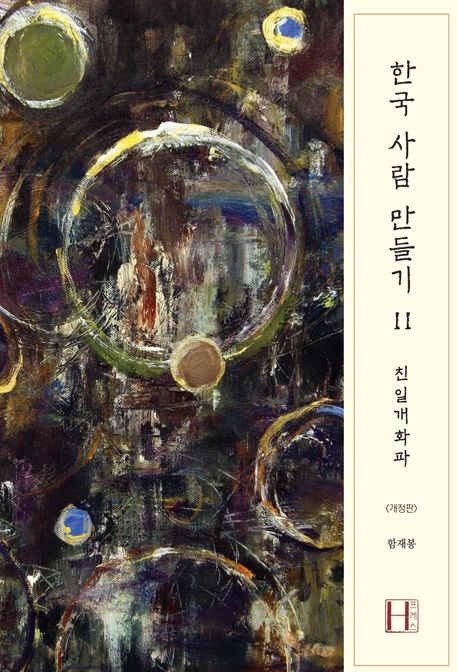
Muslim society
- 개인저자
- Ernest Gellner
- 발행사항
- Cambridge ; New York : Cambridge University Press, 1981
- 형태사항
- ix, 267 p. ; 24 cm
- ISBN
- 9780521274074
- 청구기호
- 309.1 G319m
- 서지주기
- Includes bibliographical references and indexes
소장정보
| 위치 | 등록번호 | 청구기호 / 출력 | 상태 | 반납예정일 |
|---|---|---|---|---|
이용 가능 (1) | ||||
| 1자료실 | 00013831 | 대출가능 | - | |
- 등록번호
- 00013831
- 상태/반납예정일
- 대출가능
- -
- 위치/청구기호(출력)
- 1자료실
책 소개
목차
Preface; Acknowledgements; 1. Flux and reflux in the faith of men; 2. Cohesion and identity: the Maghreb from Ibn Khaldun to Emile Durkheim; 3. Post-traditional forms in Islam: the turf and trade, and votes and peanuts; 4. Doctor and saint; 5. Sanctity, puritanism, secularisation and nationalism in North Africa: a case study; 6. The unknown Apollo of Biskra: the social base of Algerian puritanism; 7. Trousers in Tunisia; 8. The sociology of Robert Montagne (1893?1954); 9. Patterns of rural rebellion in Morocco during the early years of independence; 10. Saints and their descendants; 11. The marabouts in the market place; 12. Rulers and tribesmen; Notes; Bibliography of Ernest Gellner's North African writings; Index.



